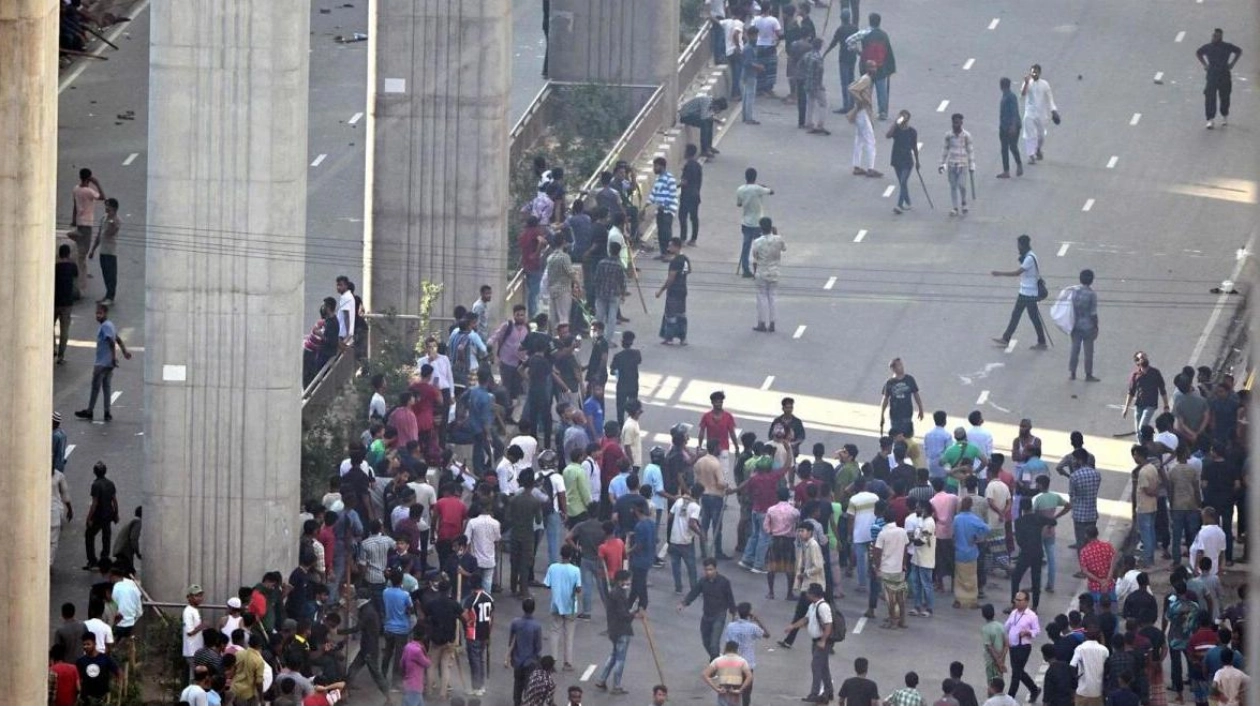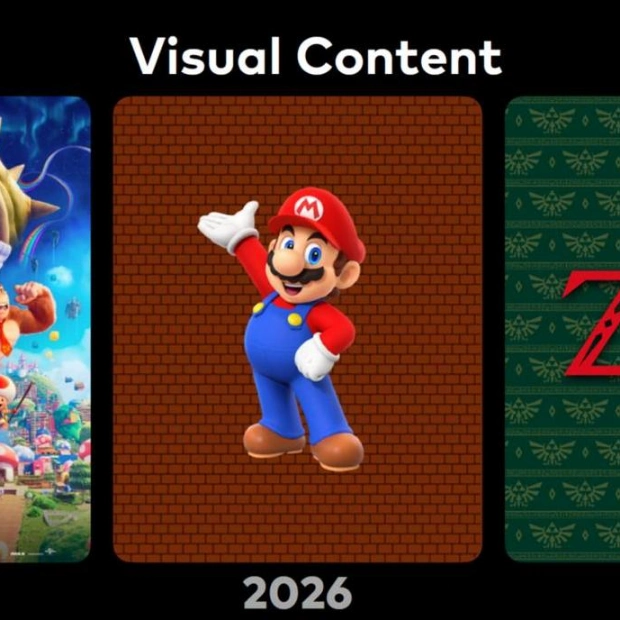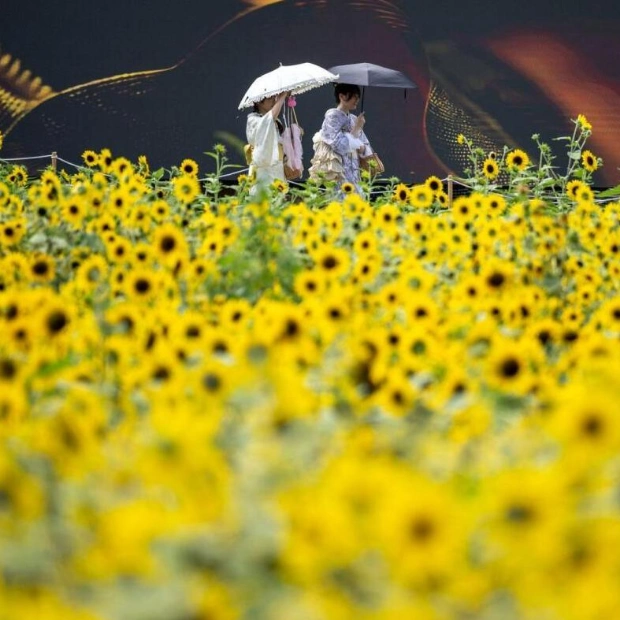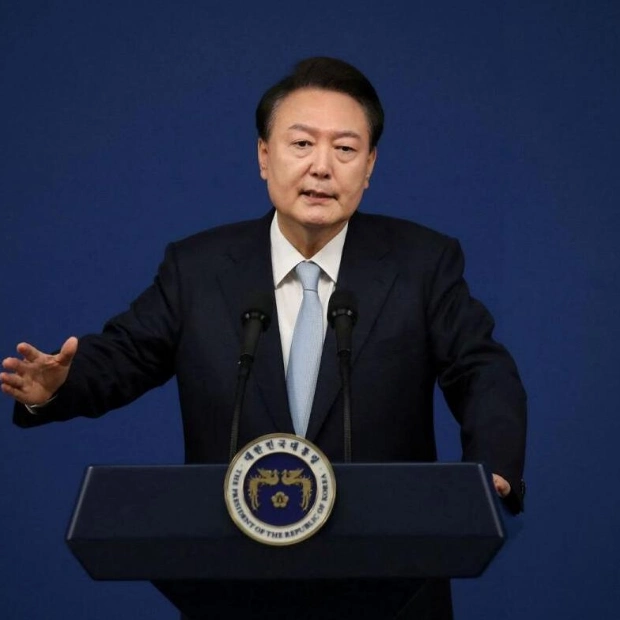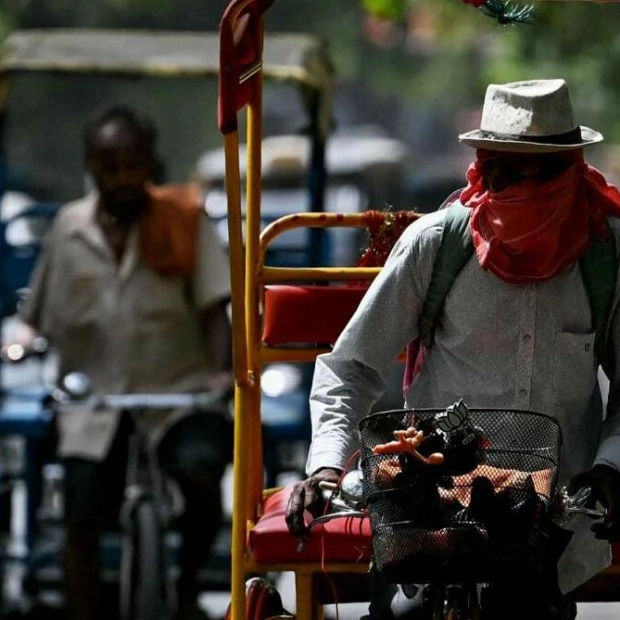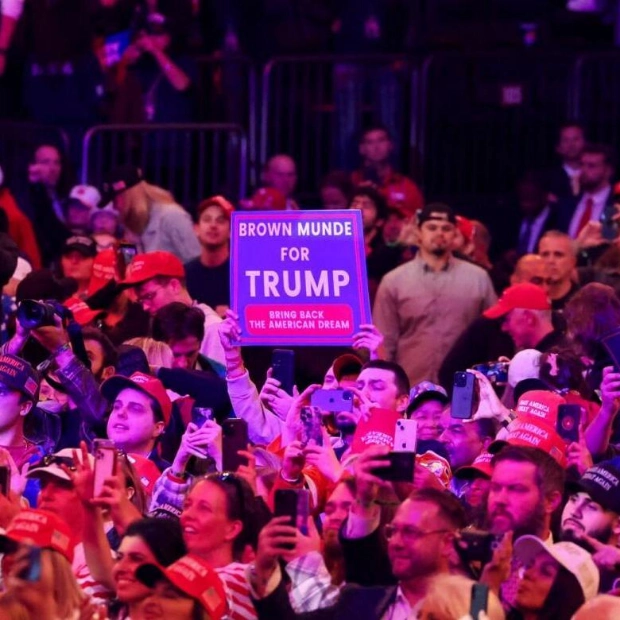At least 73 individuals lost their lives and hundreds more were injured during clashes in Bangladesh on Sunday, as law enforcement utilized tear gas and rubber bullets to disperse a multitude of protesters demanding Prime Minister Sheikh Hasina's resignation. The government responded by imposing an indefinite nationwide curfew commencing at 6 p.m. (1200 GMT) on Sunday, marking the first instance of such action since the protests began last month. Additionally, a three-day general holiday was declared starting from Monday.
The escalating turmoil, which has led the government to suspend internet services, poses the most significant challenge to Hasina's 20-year rule since her re-election for a fourth term in polls that the main opposition Bangladesh Nationalist Party boycotted. Critics and human rights organizations have accused Hasina's administration of employing excessive force against demonstrators, allegations that she and her ministers refute. Protesters obstructed major highways on Sunday, while student protesters initiated a non-cooperation campaign to demand the government's resignation, resulting in violence spreading across the nation.
Prime Minister Hasina described the protesters as terrorists intent on destabilizing the country, following a national security panel meeting attended by military and police leaders. She appealed to citizens to quash these threats with decisive action. The violence targeted police stations and ruling party offices, affecting the nation of 170 million people. In the north-western district of Sirajganj, twelve policemen were fatally assaulted, according to police official Bijoy Bosak.
In Dhaka, at least eight people, including two students and a ruling party leader, were killed and dozens wounded in intense confrontations, as reported by police and eyewitnesses. Two construction workers were killed and 30 injured in the central district of Munsiganj during a clash involving protesters, police, and ruling party supporters. The superintendent of the district hospital, Abu Hena Mohammad Jamal, confirmed they arrived dead with bullet wounds, despite police assertions that no live ammunition was used.
In the northeastern district of Pabna, three individuals were killed and 50 injured in a conflict between protesters and supporters of Hasina's ruling Awami League party. Violence in the northern district of Bogura claimed three lives, with 53 additional fatalities reported across 12 other districts. Health Minister Samanta Lal Sen condemned an attack on a medical college hospital in Dhaka, where vandals set fire to vehicles, including an ambulance.
For the second time during the ongoing protests, the government halted high-speed internet services, rendering social media platforms like Facebook and WhatsApp inaccessible, even through broadband connections. A confidential government memo instructed telecom providers to suspend 4G services, effectively disabling internet access. Telecom companies had previously been warned that non-compliance could result in license revocation.
Last month, at least 150 people were killed and thousands injured in violence sparked by student protests against government job quotas. Although the Supreme Court's decision to eliminate most quotas temporarily halted the protests, sporadic demonstrations resumed last week demanding justice for the victims' families. Associate professor Shakil Ahmed suggested that the situation may have escalated beyond the prime minister's control and recommended the formation of a national government for greater unity.
Army Chief General Waker-Uz-Zaman emphasized the importance of safeguarding citizens' lives, properties, and key state installations, urging officers to remain vigilant against social media rumors and to uphold integrity and justice in their duties. He is scheduled to address the media on Monday.
